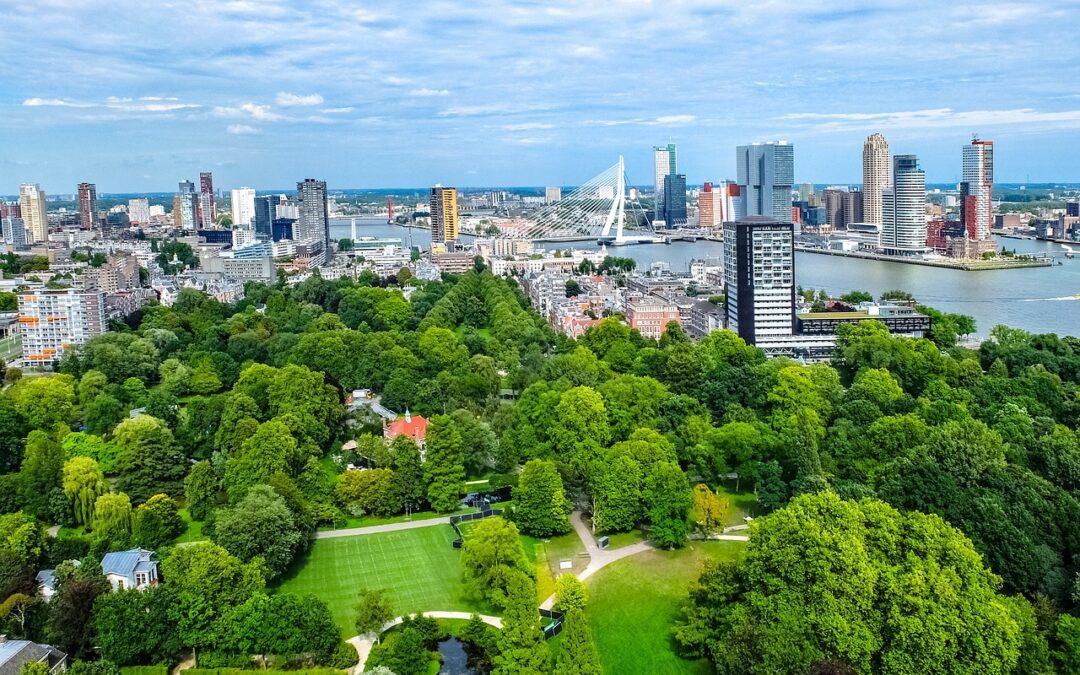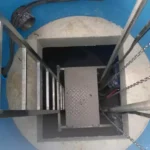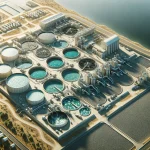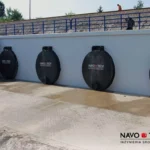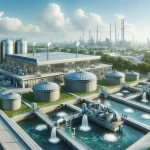Wastewater treatment can play a key role in moving Europe towards a pollution-free future, becoming more resource efficient and contributing to a circular economy, according to a report by the European Environment Agency (EEA).
Most urban wastewater treatment plants in Europe have focused on treating water and returning it to the environment in a simple, linear approach. However, through the use of new techniques and innovations, these facilities can act as resource centers delivering reclaimed water, energy, nutrients and organic materials for reuse, recycling and recovery.
The management of wastewater (the urine, faeces and dirty gray water that we flush into our drains), as well as urban runoff from roads and industrial effluents, is far from a pollution-free process across Europe. The cleanup needed to minimize water pollution can produce greenhouse gases and polluted sediments that can pollute air, soil and water. Sewage treatment plants face additional challenges, such as rapid growth rainwater from extreme weather caused by climate change, and the fact that there are many more pollutants in urban sewage than previously recognized in EU legislation.
Reviews and assessments of key pieces of European legislation, such as the Urban Wastewater and Sewage Sludge Directives, provide an opportunity to modernize and improve coherence across the sector and help deliver on the ambitions of the European Green Deal. The report says action is needed in other related areas to support water purification in achieving future sustainability and reducing pollution. In particular, efforts are needed upstream to ensure more efficient water use and pollution control, minimizing both the volume of water to be treated and the level of contamination.
Wastewater treatment is not a 'one size fits all' solution. Local conditions require local solutions. Financial resources, availability of land, population density, nature of the receiving waters and types of industrial activities affect the options available. Providing flexible approaches to meeting the necessary quality standards can enable innovation and locally appropriate solutions.
Achieving the transition to more efficient wastewater treatment and a circular economy requires changes not only in regulatory and institutional approaches, but also in how we as citizens value our individual and collective responsibilities towards wastewater management.
The report also highlights the importance of economic incentives for recycling and legislation that helps to scale up cyclical approaches to urban wastewater treatment, allowing recovered resources to enter the market, while legal barriers to the use of such resources - for example, sewage sludge - should be reconsidered.
Community involvement is also an important element. The transition to more efficient wastewater treatment and a circular economy requires a change not only in regulatory and institutional approaches, but also in the way we as citizens value our individual and collective responsibilities towards wastewater management.
Navotech company, specializing in environmental engineering, is an excellent example of an innovative approach to wastewater treatment that is in line with the objectives of the European Green Deal. With over 20 years of experience in the industry, Navotech offers comprehensive solutions for the construction of wastewater treatment plants, tailored to the specifics of each site.
One of the key products of the company is the NT-BIOS biological reactor, which is ideal for various types of facilities, such as hotels, boarding houses, schools, kindergartens, nursing homes, housing estates, sanatoriums, recreation centers, social facilities of production plants, industrial halls and other groups of buildings.
Navotech also offers innovative solutions, such as a disc bed that uses special discs covered with biofilm to treat wastewater. This technology is not only effective, but also space-saving and resistant to load changes, making it an ideal solution for places with limited access.
All these innovations are in line with the objectives of the European Green Deal, which aims to increase energy efficiency, reduce greenhouse gas emissions and promote a circular economy. Thanks to companies like Navotech, it is possible to achieve these goals while providing clean, safe water to communities across the continent.
In conclusion, optimizing wastewater treatment plants in Europe requires an integrated approach that includes technological innovation, changes in legislation as well as community involvement. All of this can contribute to meeting the pollution and circular economy objectives of the European Green Deal.
Author: M.Sc. Eng. Adam Głogowski

